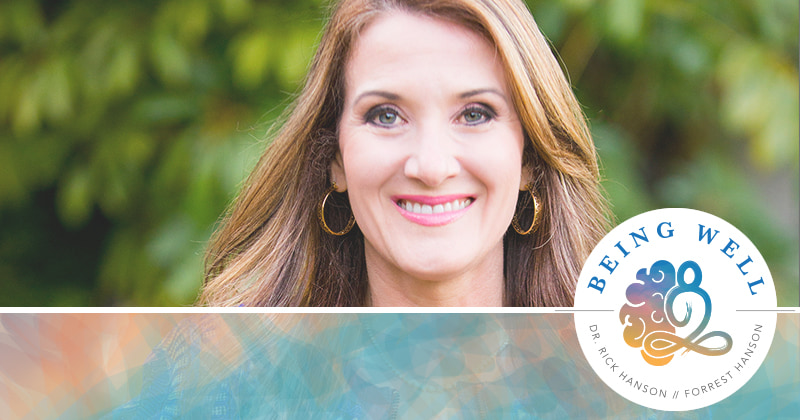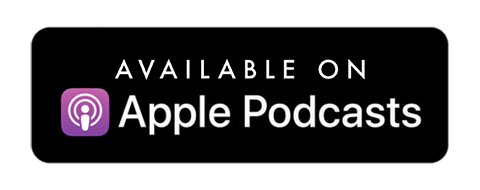07 Aug Being Well Podcast: Neuroplasticity Tools to Change Your (and your kid’s) Brain with Dr. Caroline Leaf

Our thoughts, emotions, and experiences can reshape the very structure of our brains, allowing it to adapt and change over time. This is known as neuroplasticity, and while it’s present throughout our lives the younger we are the more powerful it is.
On today’s episode of the Being Well Podcast, Dr. Caroline Leaf joins Rick and Forrest to explore how we can harness the power of neuroplasticity to clean up our mental mess…and teach our children to do the same. They detail Dr. Leaf’s five-step Neurocycle process, walk through a practical example, and explain how we can use mind-management tools to reshape our relationship with difficult thoughts and feelings. Dr. Leaf then shares how we can introduce these tools to young people, the importance of nurturing a child’s sense of agency, and the power of teaching through modeling.
About our Guest: Dr. Caroline Leaf is a clinical and cognitive neuroscientist who has been researching the mind-brain connection, the nature of mental health, and the formation of memory for over 40 years. She’s the host of the top mental health podcast Cleaning Up The Mental Mess, and her newest book How to Help Your Child Clean Up Their Mental Mess.
LISTEN
WATCH
Key Topics:
0:00: Introduction
1:00: The five steps of Dr. Leaf’s NeuroCycle
6:30: A walkthrough of the process using an example from Rick
13:50: Helping kids have a sense of agency in difficult environments
20:35: Teaching children through modeling, and building connection with different age groups
26:55: What motivates us to take action and reckon with our past
33:20: Empowering kids to have thoughts and feelings without ‘being’ them
35:20: Recap
Support the Podcast
We’re now on Patreon! If you’d like to support the Being Well podcast, follow this link.
Factor delivers fresh, never-frozen, fully prepared meals right to your door. Head to factormeals.com/beingwell50 and use code beingwell50 to get 50% off.
Zocdoc helps you find expert doctors and medical professionals that specialize in the care you need, and deliver the type of experience you want. Head to zocdoc.com/being and download the Zocdoc app for FREE.
Join over a million people using BetterHelp, the world’s largest online counseling platform. Visit betterhelp.com/beingwell for 10% off your first month!
Want to sleep better? Try the Calm app! Visit calm.com/beingwell for 40% off a premium subscription.
Finally get that project off the ground with Squarespace! Head to squarespace.com/beingwell for a free trial, and when you’re ready to launch use coupon code BEINGWELL to save 10% off your first purchase of a website or domain.
Connect with the show:






